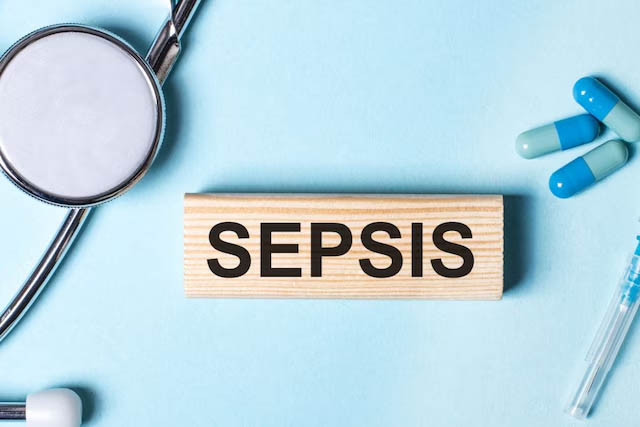33% of deaths in India linked to antibiotic resistance crisis

Science: Excessive and inappropriate use of antibiotics has a negative impact on the health of Indians. A recent study published in The Lancet found that 60 percent of the country’s 2.99 million sepsis deaths in 2019 were due to bacterial infections. Of these, about 1.04 million (33.4%) sepsis deaths were related to bacterial antimicrobial resistance (AMR), of which 290,000 were directly caused by AMR. Sepsis occurs when the immune system mounts a dangerous response to a bacterial infection and can lead to organ failure if not treated in time. Antibiotic resistance (AMR) is currently a major global health problem and is expected to rise in the coming years. According to The Lancet, more than 39 million people worldwide could die from antibiotic-resistant infections in the next 25 years.
This report provides the first comprehensive analysis of AMR trends over time, based on research from the Global Research on Antimicrobial Resistance (GRAM) project. “How have mortality trends from AMR changed over time and how might they change in the future is important to understand,” says lead researcher Mohsen Nagui, MD, lead author of the AMR study at the Institute for Health Measurement (IHME). Washington State Research Team, USA Understanding this is critical to making informed decisions that can save lives. The study estimated the prevalence of 22 pathogens, 84 pathogen-drug combinations, and 11 types of infections, including bloodstream infections and meningitis, in people of all ages in 204 countries, including India. The three most common antibiotic-resistant pathogens in India are E. coli, which causes intestinal infections. Klebsiella pneumoniae, which causes pneumonia and urinary tract infections. And Acinetobacter baumannii, which is primarily associated with nosocomial infections. Most common cause of death in India





